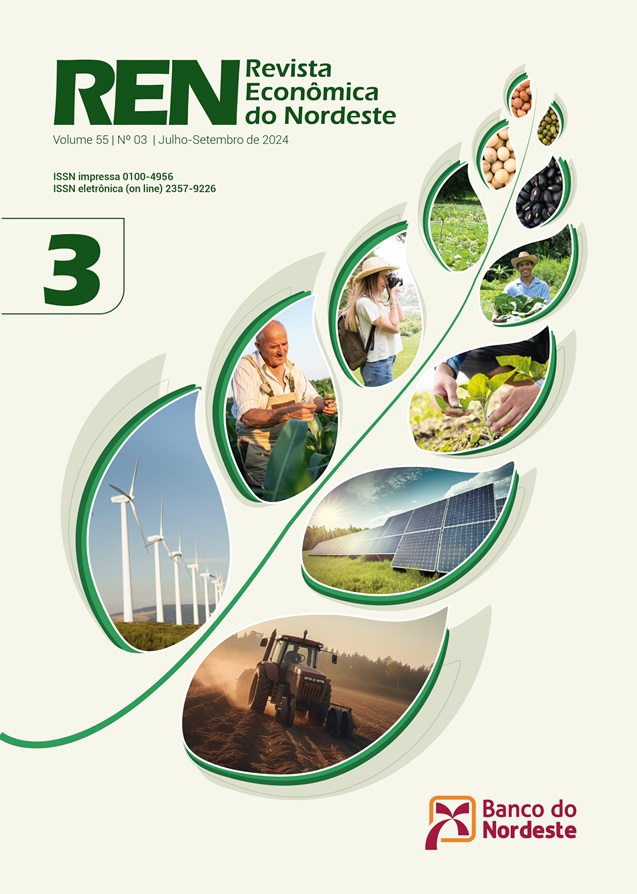INDUSTRIAL POLICY: BARRIERS TO THE IMPLEMENTATION OF THE CIRCULAR ECONOMY IN THE LAST 20 YEARS OF THE BRAZILIAN GOVERNMENT
DOI:
https://doi.org/10.61673/ren.2024.1522Keywords:
PIB, GDPSustainability, Industrial EcosystemsAbstract
EC aims at environmental preservation and the search for more sustainable economic models, where the production factors used in the manufacture of goods and products can be reinserted into the production cycle. The transition process from EL to EC depends on public policies, regulatory instruments, incentives for RD&I, changing consumer habits and society's awareness of the importance of environmental, economic and social sustainability. In Brazil, in the last 20 years, some initiatives for the implementation of CE have been observed, in a timid way. These initiatives became a little more evident during the Lula government, in the period from 2003 to 2011. In this work, a study was carried out on public policies launched from the year 2000 onwards and a correlation was made with the evolution of Brazilian GDP during that period. An analysis was carried out of the main barriers faced by Brazilian industrial policy for the implementation of CE. Finally, a survey of national and international instruments that favor the operation of the EC was carried out and then a study of the main public policy instruments necessary for Brazilian industry to act in accordance with the EC.Downloads
Download data is not yet available.
Downloads
Published
2024-09-18
How to Cite
Hellvig, E. L. F., Flores-Sahagun, T. H. S., & Curado, M. L. (2024). INDUSTRIAL POLICY: BARRIERS TO THE IMPLEMENTATION OF THE CIRCULAR ECONOMY IN THE LAST 20 YEARS OF THE BRAZILIAN GOVERNMENT. Revista Econômica Do Nordeste, 55(3), 47–61. https://doi.org/10.61673/ren.2024.1522
Issue
Section
Artigos
License
Copyright (c) 2023 Revista Econômica do Nordeste

This work is licensed under a Creative Commons Attribution 4.0 International License.








